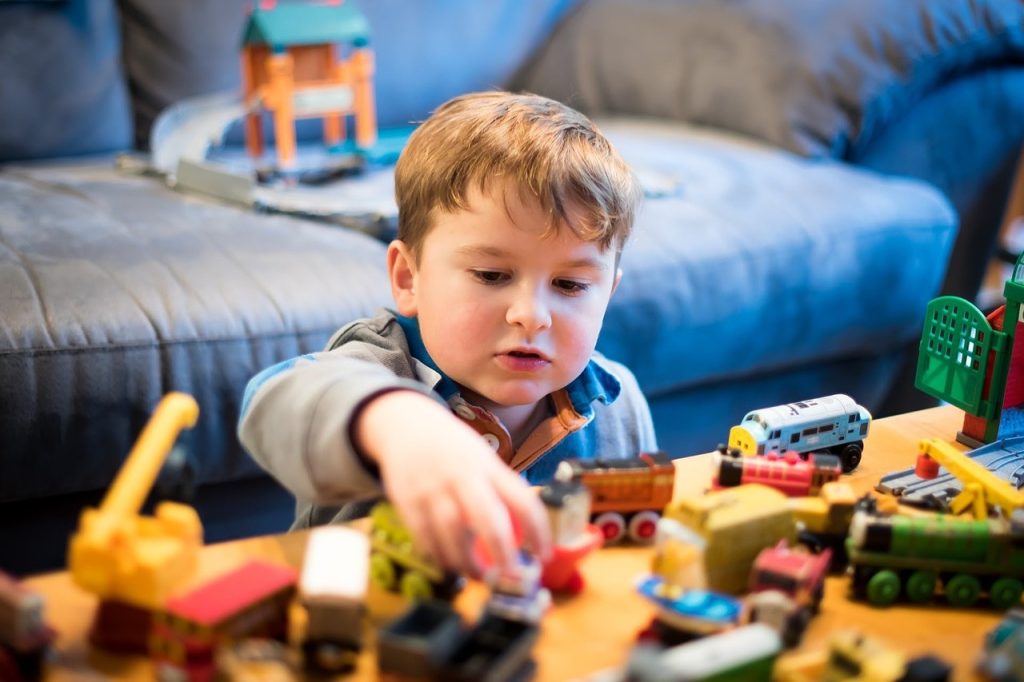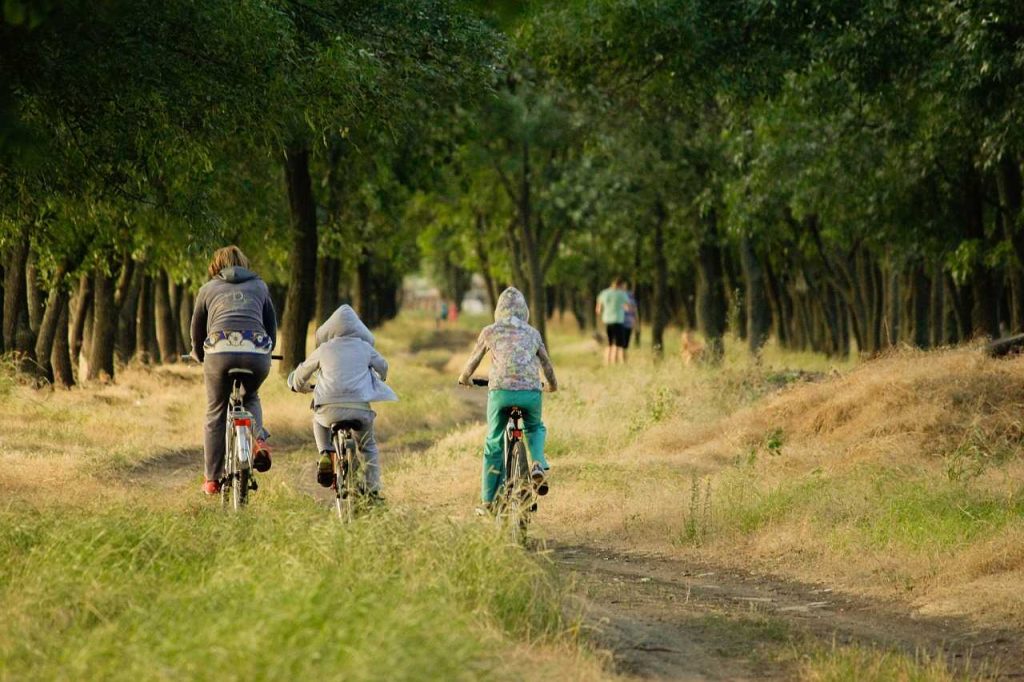Free playtime is more than just a fun break for kids—it’s a crucial part of their development, helping them grow emotionally, socially, and physically. In a world filled with structured activities and screen time, creating space for unstructured play allows children to explore, learn, and develop vital life skills. Here’s a look at why free playtime is so essential and how you can encourage it in your child’s daily routine.
1. Boosts Creativity and Imagination
Why: When children are given time for free play, they are able to let their imaginations run wild. Whether it’s building castles with blocks or inventing stories with action figures, play encourages children to explore their own creativity and come up with solutions on their own.
How: Set aside time for open-ended play where kids have access to simple toys that encourage imagination, such as blocks, art supplies, or dress-up clothes. This helps them learn to create and experiment without rules.
Activities to Encourage Creativity:
- Art Supplies: Provide paper, crayons, and markers for free drawing.
- Building Blocks: Let kids build whatever they imagine without instructions.
- Role Play: Dress-up clothes or toys encourage them to act out stories.
Pro Tip: Rotate toys and supplies regularly to keep things fresh and spark new ideas for play.

2. Develops Social Skills and Emotional Resilience
Why: Free play often involves other children, helping kids learn to interact, share, and negotiate. These social interactions teach them how to handle emotions, resolve conflicts, and build friendships in a low-pressure environment.
How: Encourage group play by arranging playdates or creating opportunities for kids to interact in a safe, supervised setting. Group play gives children the chance to learn social dynamics in a natural setting.
Ways to Foster Social Play:
- Invite Friends Over: Regular playdates help kids practice social skills.
- Outdoor Playgroups: Parks or playgrounds allow kids to meet new friends and play collaboratively.
- Organize Simple Games: Group games teach teamwork and healthy competition.
Pro Tip: Allow kids to navigate small conflicts on their own—intervene only when necessary. This helps them build confidence and learn problem-solving.
3. Enhances Physical Health
Why: Physical play, such as running, jumping, or climbing, is essential for healthy development. Free play often involves spontaneous movement, which not only strengthens muscles but also improves coordination and balance.
How: Make sure children have daily opportunities for outdoor play where they can move freely. Parks, backyards, or even open indoor spaces can serve as ideal spots for physical play.
Fun Ways to Promote Active Play:
- Playground Time: Climbing, swinging, and sliding encourage full-body exercise.
- Ball Games: A simple game of catch or soccer helps with coordination and teamwork.
- Dance Parties: Turn on music and let kids dance to encourage physical activity indoors.
Pro Tip: Allow kids to explore different types of movement at their own pace, helping them build confidence in their physical abilities.
4. Encourages Independence and Problem-Solving
Why: When kids engage in free play, they often have to figure things out on their own. Whether they’re setting up a new game or deciding the rules with friends, free play gives them a chance to practice decision-making and problem-solving independently.
How: Give children opportunities to play in ways that require thinking through challenges. Try open-ended toys that encourage them to explore different ways to solve problems.
Ideas for Independent Play:
- Puzzles and Games: Simple puzzles or memory games foster self-driven problem-solving.
- Building Projects: Give them materials like Legos or cardboard for constructing things on their own.
- Create Obstacle Courses: Encourage kids to come up with ways to overcome physical challenges.
Pro Tip: Allow children to experience small frustrations in play—it’s an important part of learning resilience and patience.
5. Builds Self-Confidence and Reduces Stress
Why: Free play allows children to engage in activities they enjoy, which can be incredibly rewarding and a great way to release pent-up energy or emotions. This leads to a positive self-image and reduces stress, helping them feel more in control.
How: Give kids the freedom to choose their play activities whenever possible. This gives them a sense of autonomy and satisfaction, knowing they are in charge of their play.
Self-Esteem-Boosting Play Activities:
- Role-Playing Games: Let them act out scenarios where they are the “hero” or “leader.”
- Outdoor Exploration: Walking or exploring nature helps them gain confidence in new settings.
- Free Art Time: Letting kids create without guidelines encourages self-expression.
Pro Tip: Offer praise for their efforts in play to reinforce a positive self-image and help them feel proud of their activities.

6. Supports Cognitive Development
Why: Play encourages children to use their senses and think critically, enhancing brain development. Activities that involve sorting, stacking, counting, or organizing help children understand basic concepts and develop cognitive skills.
How: Provide age-appropriate toys and activities that challenge children’s minds, such as blocks, puzzles, or shape sorters. Encouraging games that involve memory or matching helps sharpen cognitive abilities.
Examples of Cognitive-Boosting Play:
- Sorting Games: Give them objects to sort by color, shape, or size.
- Counting Activities: Let them count objects, helping to build early math skills.
- Pattern Matching: Puzzles with different shapes or images support memory and focus.
Pro Tip: Let children take the lead in exploring these activities. By discovering patterns or solutions themselves, they build self-confidence and critical thinking skills.
Final Thoughts
Free playtime is an invaluable part of a child’s day, providing them with the freedom to explore, create, and learn in ways that structured activities can’t always offer. From building social skills to boosting creativity, free play allows children to develop essential skills that will benefit them throughout life. Encourage unstructured play, both indoors and outdoors, to help children discover their interests, overcome challenges, and grow into confident, healthy individuals. Let’s make free play an essential, enriching part of every child’s routine.

